Demonstration of firewood saving, energy efficiency and alternative energy options in rural communities of Lori, Shirak, and Aragatsotn regions

Project Details & Results
n rural Armenia the majority of households rely on firewood as primary source of energy, using traditional inefficient heating systems (woodstoves) that puts additional pressure on forest resources. The proposed project will demonstrate a set of firewood saving technologies, such as Heat Exchangers (HE) and solar thermal systems in select rural communities of Shirak, Lori and Aragatsotn regions, where wood is largely used for household heating. The solar thermal systems will be installed in kindergartens to demonstrate the use of renewable energy, which can be successfully replicated in households, contributing to the reduction of firewood consumption.
The project will also demonstrate energy efficiency measures in buildings through insulation of walls, roofs and windows of the buildings, or construction of tambours at the buildings to prevent the direct inflow of cold air. It is envisaged that the beneficiary households will share the costs of the HEs while the municipalities will partially cover the cost of thermal insulation of the kindergarten buildings and the solar thermal systems.
Project Results
The project will produce the following outputs:
• About 350 sq/m firewood saved annually in project households due to use of HEs, resulting in decrease of pressure on forests and emissions of CO2,
• 220 households decreased consumption of firewood by 20-25% due to application of HEs, resulting in decrease of expenditures.
• Consumption of electricity is decreased by 7000 kw in 10 kindergartens due to the application of solar water heaters and thermal insulation.
• 100 adults from Lori, Shirak and Aragatsotn marzses have increased knowledge on firewood saving options, climate change mitigation measures and energy efficiency.
In rural Armenia the majority of households rely on firewood as primary source of energy, using traditional inefficient heating systems (woodstoves) that puts additional pressure on forest resources. The proposed project will demonstrate a set of firewood saving technologies, such as Heat Exchangers (HE) and solar thermal systems in select rural communities of Shirak, Lori and Aragatsotn regions, where wood is largely used for household heating. The solar thermal systems will be installed in kindergartens to demonstrate the use of renewable energy, which can be successfully replicated in households, contributing to the reduction of firewood consumption.
The project will also demonstrate energy efficiency measures in buildings through insulation of walls, roofs and windows of the buildings, or construction of tambours at the buildings to prevent the direct inflow of cold air. It is envisaged that the beneficiary households will share the costs of the HEs while the municipalities will partially cover the cost of thermal insulation of the kindergarten buildings and the solar thermal systems.
Project Results
The project will produce the following outputs:
- About 350 sq/m firewood saved annually in project households due to use of HEs, resulting in decrease of pressure on forests and emissions of CO2,
- 220 households decreased consumption of firewood by 20-25% due to application of HEs, resulting in decrease of expenditures.
- Consumption of electricity is decreased by 7000 kw in 10 kindergartens due to the application of solar water heaters and thermal insulation.
- 100 adults from Lori, Shirak and Aragatsotn marzses have increased knowledge on firewood saving options, climate change mitigation measures and energy efficiency.
.png&w=3840&q=75)
Subscribe for our news



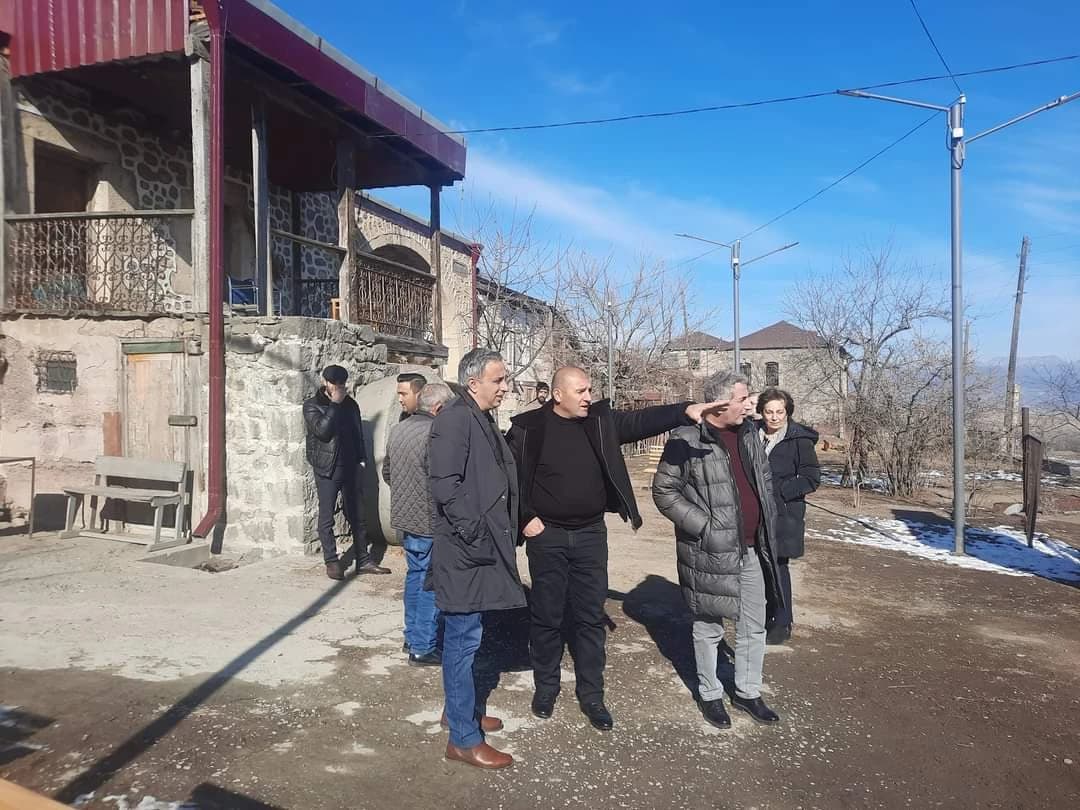
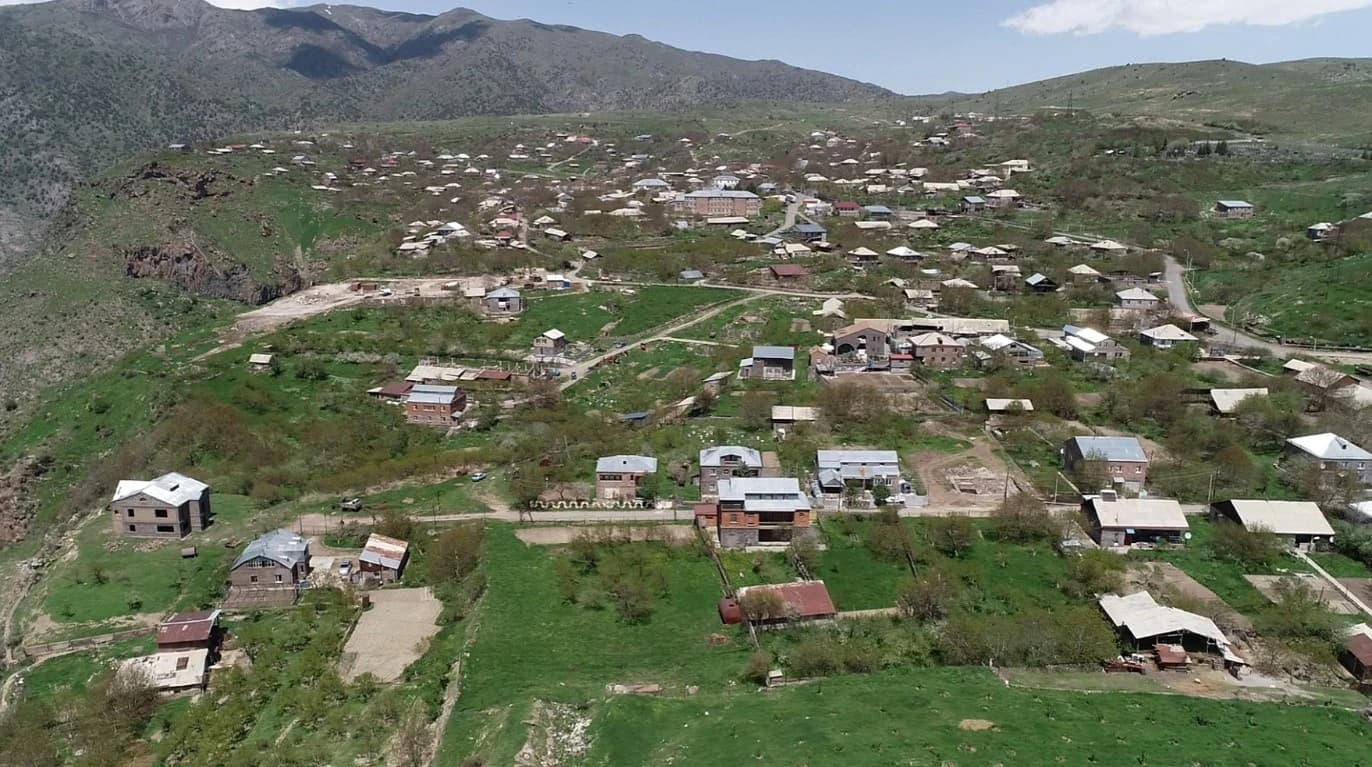
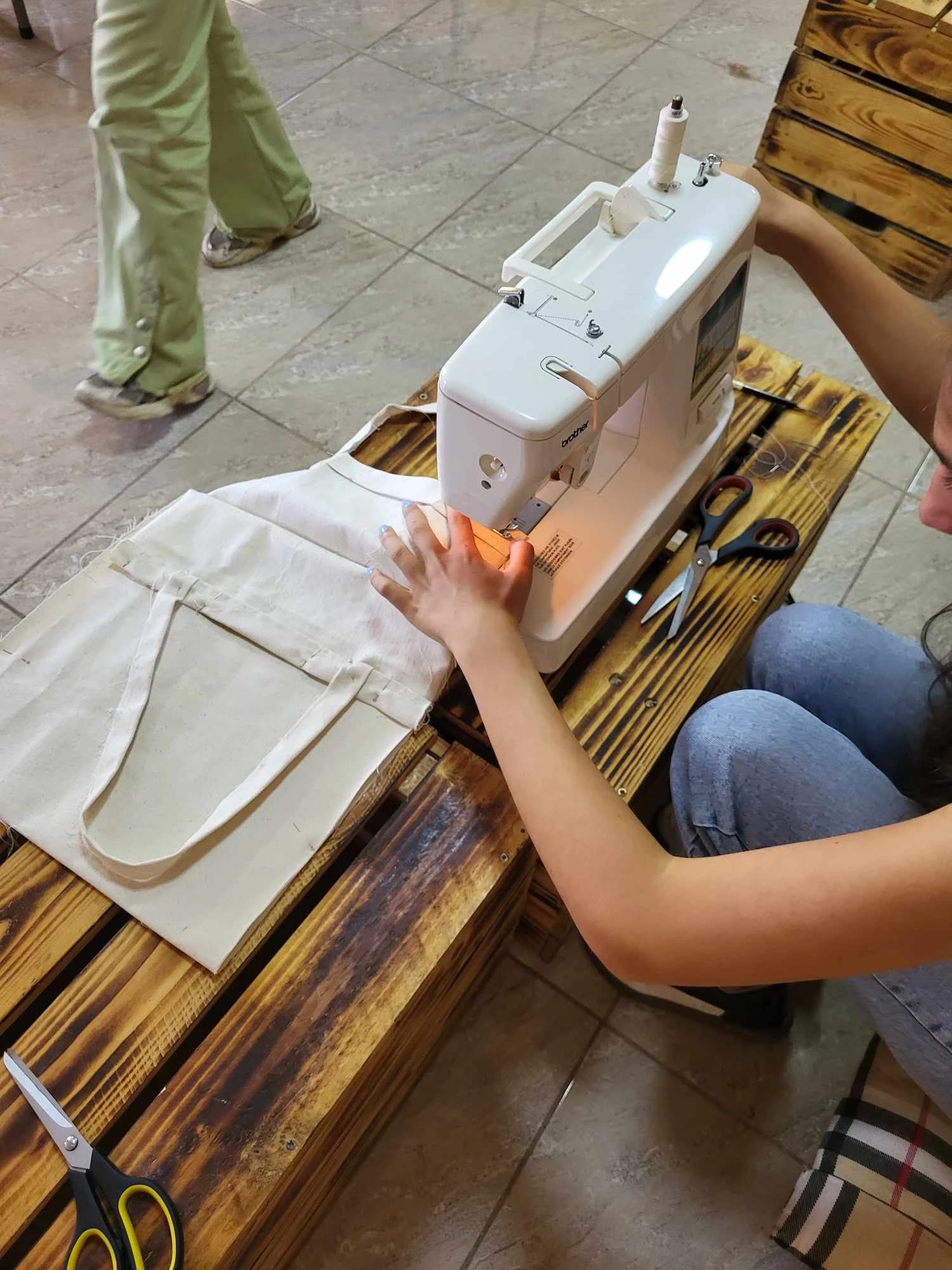
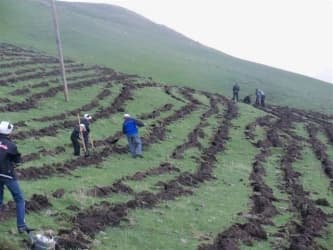
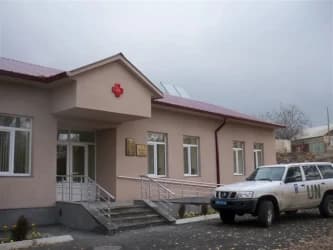
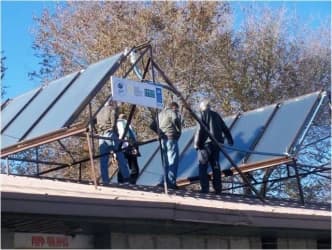
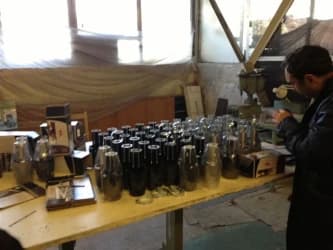
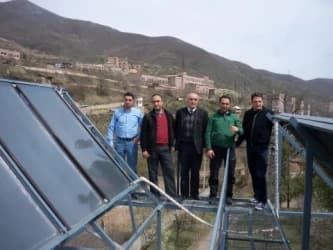

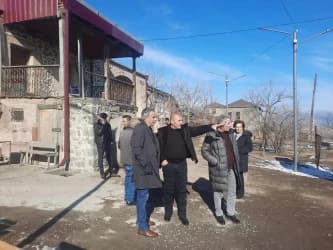
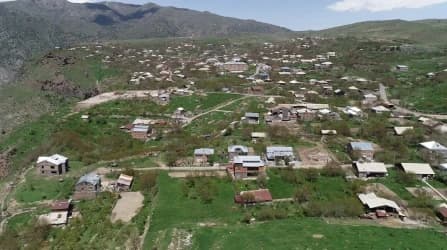
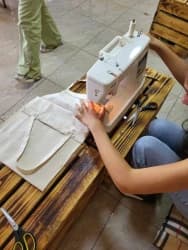
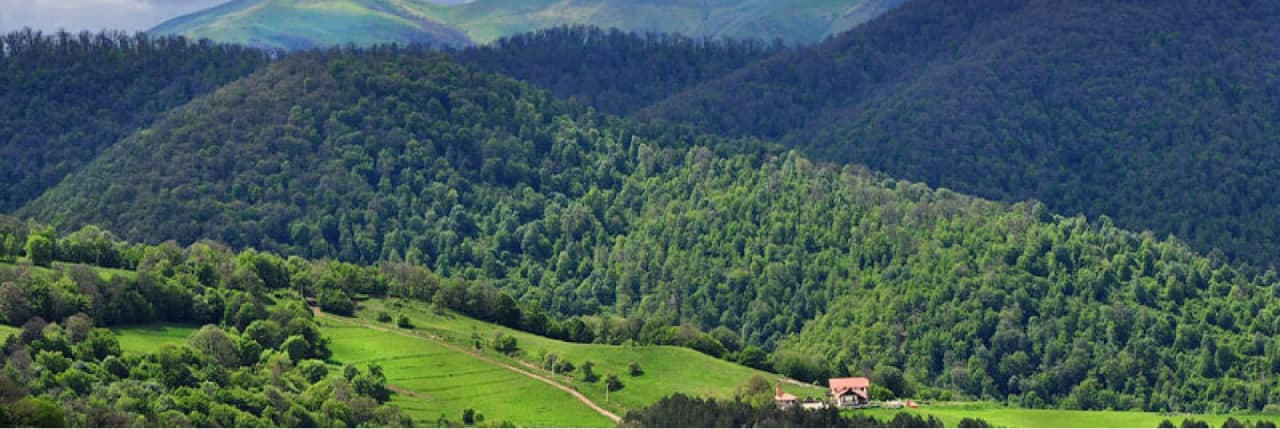
.png&w=3840&q=75)
